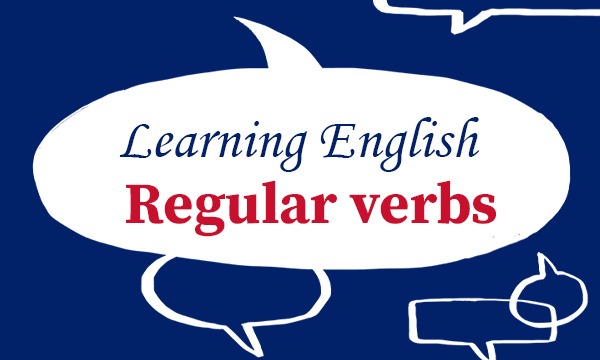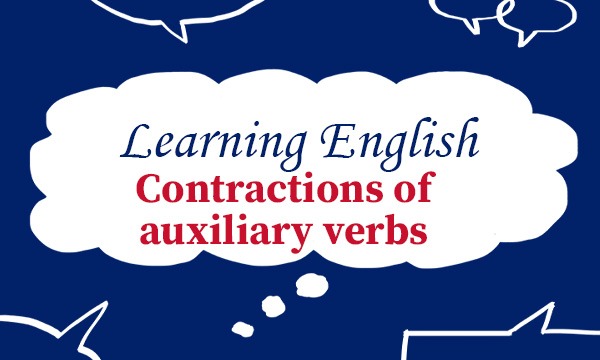
Regular verb forms in English
English verbs have up to five different forms. These are: the base form, e.g. pull the 3rd person singular, present simple tense, e.g. pulls the past simple tense, e.g. pulled the past participle, e.g. pulled the present participle, e.g. pulling Regular verbs are all formed in the same way, by building… Read More







